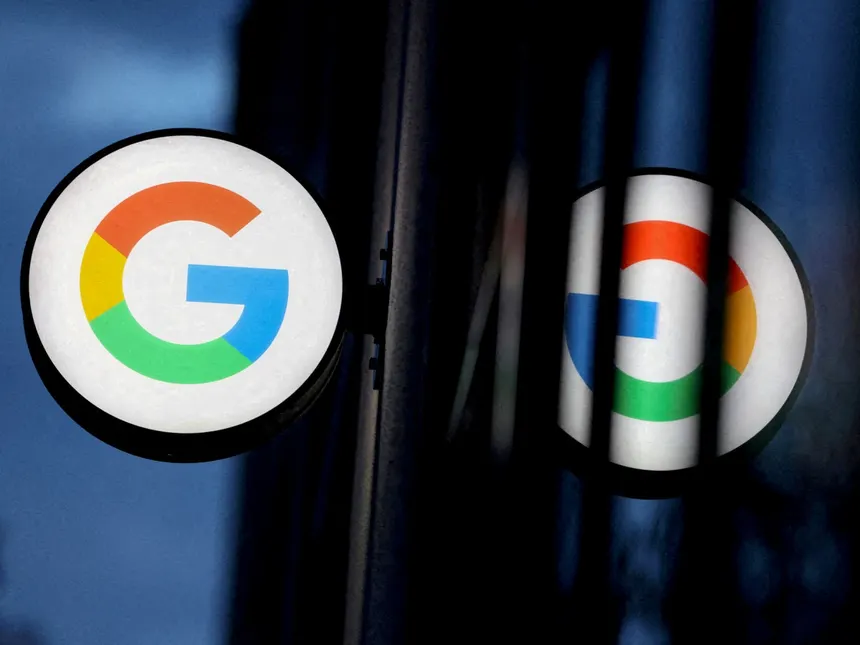California Takes a Stand on AI and Child Influencer Rights
California has introduced new laws aimed at regulating the use of artificial intelligence (AI) in media and safeguarding child influencers. These laws are designed to control AI-generated content, prevent misinformation, and ensure fair compensation and protection for minors working as social media influencers.
Key Highlights of the New Laws
- AI in Media: Stricter regulations on AI-generated content to combat misinformation.
- Child Influencer Protection: Ensuring financial security and rights for minors earning through social media.
- Transparency & Accountability: Media companies must disclose AI usage in content creation.

Regulating AI in Media: Fighting Misinformation & Ensuring Transparency
Why AI in Media Needs Regulation
Artificial intelligence is widely used in content creation, from generating news articles to deepfake videos. While AI helps in efficiency, it also poses risks like misinformation, fake news, and manipulated visuals. The new laws aim to ensure that AI-generated content is clearly labeled and does not mislead the public.
Key Provisions of AI Regulation
- Mandatory AI Disclosure: Media companies must label AI-generated content to inform viewers.
- Fake News Prevention: AI cannot be used to create misleading or false narratives.
- Ethical AI Use: AI tools must align with ethical journalism standards.
- Deepfake Restrictions: Unauthorized AI-generated images or videos of real individuals are illegal.
How Will These Rules Affect Media Companies?
Media organizations relying on AI for content creation will need to disclose AI usage clearly. Any misleading AI-generated content can lead to legal consequences, fines, or content removal. Journalists and media companies must verify AI-driven content before publishing.

Protecting Child Influencers: Financial & Legal Safeguards
Why Child Influencers Need Protection
With the rise of social media, many minors earn significant income through sponsored posts, YouTube videos, and brand collaborations. However, due to a lack of legal safeguards, some child influencers face financial exploitation, unfair contracts, or unpaid work.
Key Provisions for Child Influencers
- Earnings Protection: A percentage of a child influencer’s earnings must be set aside in a trust until they turn 18.
- Parental Accountability: Parents managing child influencers’ accounts must follow strict financial guidelines.
- Work Hour Limits: Children cannot be forced into excessive content creation, ensuring they balance education and personal life.
- Fair Contracts: Companies hiring child influencers must provide contracts ensuring fair wages and working conditions.
- Mental Health Considerations: The law promotes child influencers’ well-being, preventing excessive pressure from parents or brands.
How Will This Impact Child Influencers & Their Families?
Parents and guardians will be held accountable for properly managing their child’s earnings. Social media platforms will also need to ensure that child influencers are not exploited. Brands must adhere to ethical marketing practices while collaborating with minors.

Public & Industry Reactions
Support for the New Laws
Many industry experts and child rights activists have welcomed these laws, stating that they are necessary to prevent AI-related deception and exploitation of child influencers. Transparency in AI usage and financial security for young content creators are seen as significant steps forward.
Criticism & Challenges
Some media companies argue that these regulations may slow down innovation and increase compliance costs. AI-based content creators believe that labeling requirements could stigmatize AI-driven media unfairly. Parents managing child influencers worry about increased financial restrictions and legal obligations.
Global Implications: Will Other Countries Follow?
The Influence of California’s Regulations
California is often a trendsetter in tech and media regulations. Many experts predict that other states and even countries may introduce similar laws to combat AI misinformation and protect young influencers.
International AI & Child Labor Concerns
- Europe & AI Regulations: The European Union has been pushing for stricter AI regulations and may adopt similar laws.
- Influencer Protection in Asia: Countries like South Korea and Japan are already addressing child labor in entertainment industries and may expand regulations to digital influencers.
- Tech Industry Response: Major companies like Google, Meta, and TikTok may adjust their policies globally in response to California’s regulations.
Final Thoughts: A Step Towards Ethical Digital Media
California’s new laws mark a major step in regulating the digital media landscape. By ensuring transparency in AI-generated content and protecting child influencers, the state is setting a precedent for other regions. As AI technology and influencer marketing continue to evolve, such regulations will likely become a global trend, shaping the future of ethical digital content creation.
Do Follow USA Glory For More Updates.






